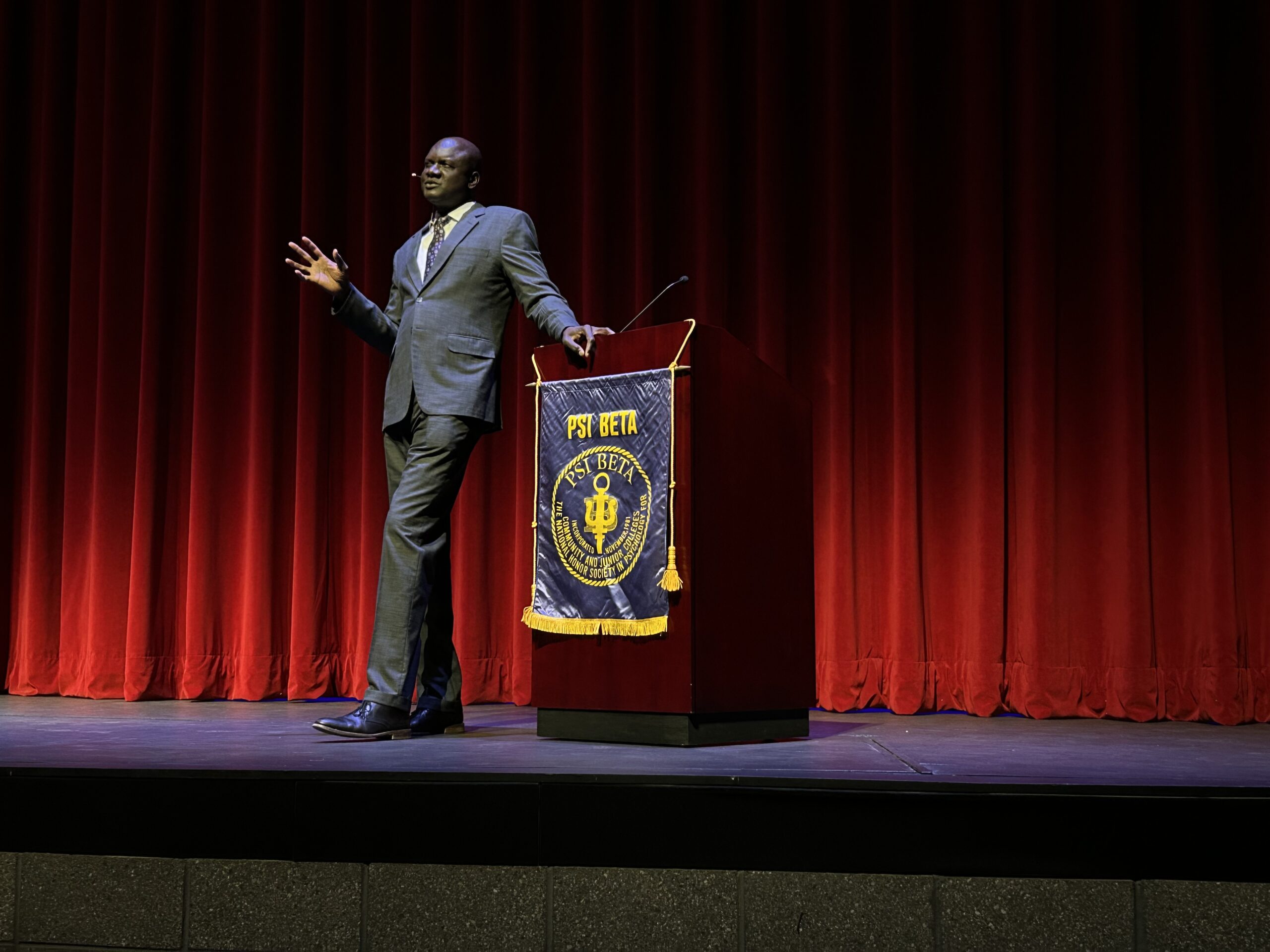Human sexuality courses as possible graduation requirement
Kathryn Yslas
Mesa Legend
Women do not pee out of their vaginas. This fact often comes as a surprise to college students, even to most adults. On an episode of the popular TV show, “Orange is the New Black,” this fact even astonished the all-female cast, who then had to be educated by a transgender woman about their own anatomy. This one scene is indicative of the lack of sexual and gender education in America. Recently administrators and college boards in certain states have discussed the possibility of implementing mandatory human sexuality courses as part of the current graduation requirements. Many grade schools do have optional sex education programs to teach students about puberty and high school biology courses. Some of these also include a small portion devoted to sex education that covers the basics of reproduction, many believe this is not enough for students to truly understand their own anatomy and the complex world of human sexuality.
One such voice is Susan Horton, a psychology professor at MCC who also teaches courses on human sexuality. Horton explained that the current system of educating students in grade school and high school about the basics is not enough to ensure an educated, society. “Human sexuality is a whole aspect of a person’s life that everyone shoves off to the side. And then people have a whole bunch of problems because of it,” Horton said. “You get discrimination because people don’t understand what makes gender, we don’t understand what makes gender identity; we don’t understand what makes sexual orientation because nobody has taught it to them,” Horton said. In a human sexuality course, students are required to learn all of these concepts in order to fully understand the spectrum of the human sexual experience.
Horton also stressed that importance of the information about contraception that is covered in college level human sexuality courses. College students are the leading demographic for unwanted pregnancies in the United States. By requiring students to take human sexuality courses, they would be more informed about contraceptive methods that are never covered in their high school sex education programs. Students also share Horton’s views on required human sexuality courses. Where the argument would arise that educating students about human sexuality will lead to immoral behavior, students disagreed, instead stating a healthier society begins with a deeper understanding of sexual issues. “It’s important to know how to prevent STIs” said Kiyoshi Sugiyama, a second year student at MCC. “It’s important to know how to be safe, even if you don’t believe in sex before marriage, you need to know what’s out there”
Even though some would argue that current graduation requirements leave no time for an added course on human sexuality, Sugiyama believes that such a course would be important enough for a slot in his busy schedule. Horton also explained how the current requirements place an emphasis on a liberal arts education that, while exposing students to a great many subjects, does lack practicality. A required course in human sexuality would provide balance to college education, providing students with practical knowledge that will aid them through the course of their life. “Education should be practical, too.” Horton said. “You should be able to combine the liberal arts as well as practical knowledge. A knowledge of Shakespeare is valuable, but may not be as useful as say, a knowledge of how human sexuality works.”









